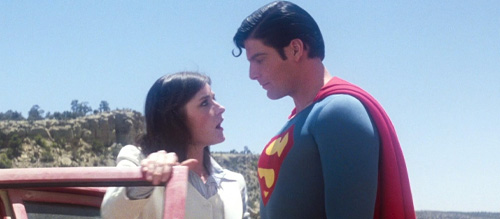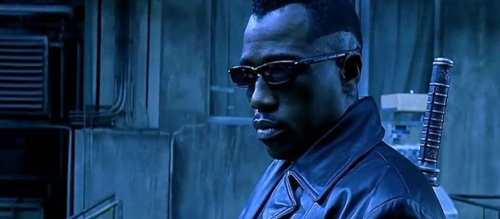10 Most Important Comic Book Movies Ever
Comic book film adaptations have become the gold standard of fantasy escapism on the big screen and the subject of devotion for masses of people. Like the westerns and musicals that came before them, superhero movies have represented a peak in genre popularity that has held lasting appeal. Having made tens of billions of dollars so far, these adaptations have become studio tentpole event movies for an entire generation, their reach being one that can cross divides such as age differences, class differences, political allegiances, nationalities, and even languages.
Batman, Spider-Man, The Avengers and more have become the new Hollywood A-List, and the movies of Marvel, DC and so on, have proven to be greatly influential when it comes to the direction of Hollywood itself. Their importance is unquestioned, their power and dominance unrivalled; but what are the films that brought us here? Which comic book movies have been the most important in establishing the genre, shaping it, moulding it?
In this Movie List from The Film Magazine, we offer the 10 Most Important Comic Book Movies Ever. These films have been judged with regard to their importance to the landscape in which they were released, their lasting influence, and their roles in bringing about change and revolution to both the comic book genre and, further, cinema itself.
Follow @thefilmagazine on Twitter.
1. Superman (1978)

There were superhero films released before Superman in 1978, but besides the TV movie Batman (1966) there was little by way of memorable fare or major productions. Richard Donner’s big budget studio-driven offering changed all that.
By 1978 Superman was already a cornerstone of American culture, a poster boy for the best of the best and the values we should all strive to uphold. He was America’s unproblematic hero in a time of great division, heightened paranoia, and conspiracy come to life. Warner Bros put an astonishing $55million behind bringing him to the big screen, which in relation to modern day $200-300million movies may not seem like a lot but in context to releases of the time was an astronomical amount: just a few years earlier The Godfather had been made for $6million, Jaws for $9million, and Star Wars for $11million; even 80s hits like E.T., Indiana Jones and Back to the Future were made for under $20million. But Superman embodied society’s need for escapism and, as such, the budget seemed well spent. Superman birthed the modern superhero’s position at the top of the box office, crowning its run with close to $300million in box office receipts at a time of great financial destitution, but perhaps most importantly it reminded the world that Hollywood could still offer the best form of fantastical escapism, the burgeoning television market left in the dust.
Clean cut, better-than-good heroes have rarely been so exceptional, and the superhero genre would not be what it is without Donner and star Christopher Reeve in particular. The themes, tropes and expectations founded in their work have since proven to be the backbone of every film on this list.
Recommended for you: Superman Movies Ranked
2. Blade (1998)

A studio actioner led by an African American was important even before the mainstream conversation caught up, and Blade was probably the first non-Batman comic book adaptation to look and feel like the superhero juggernauts to come.
Without Blade we would not have got the next film on this list, nor many of the comic book films released in the 2000s. Wesley Snipes’ vampire hunter was brought to life in a sub-par era headlined by Steel and Judge Dredd, and yet it burst through the narrow expectations set by other films in the genre to become something altogether more memorable. It was, in the midst of the late 90s’ boom of youth culture, embraced as the antithesis of the campy, family-orientated, (mostly) cheap movies that had made up the comic book adaptations of the decade, its R rating (18 in the UK) giving it an edge that the rebellious teens of Generation X ate up as readily as their hardcore wrestling and Nu metal. Blade all-but saved superhero cinema after its brief Batman bubble was brutally burst by Joel Schumacher and Warner Bros in Batman Forever and Batman & Robin, and set a new template for what comic book adaptations could be. The rest is history.
The proof of Blade’s importance as an early comic book film comes via this one simple fact: before Blade, Marvel had only ever allowed one of their properties to be adapted for film and released in cinemas, the box office dud Howard the Duck – after Blade, they partnered with studios on eighteen different releases in the next ten years, two Blade sequels included. This 1998 film was revolutionary for comic book IP licensing and thus the future of the blockbuster landscape, and Wesley Snipes’ on-screen presence helped to legitimise the comic book film adaptation as a concept whilst reinforcing the importance of representation on screen.

